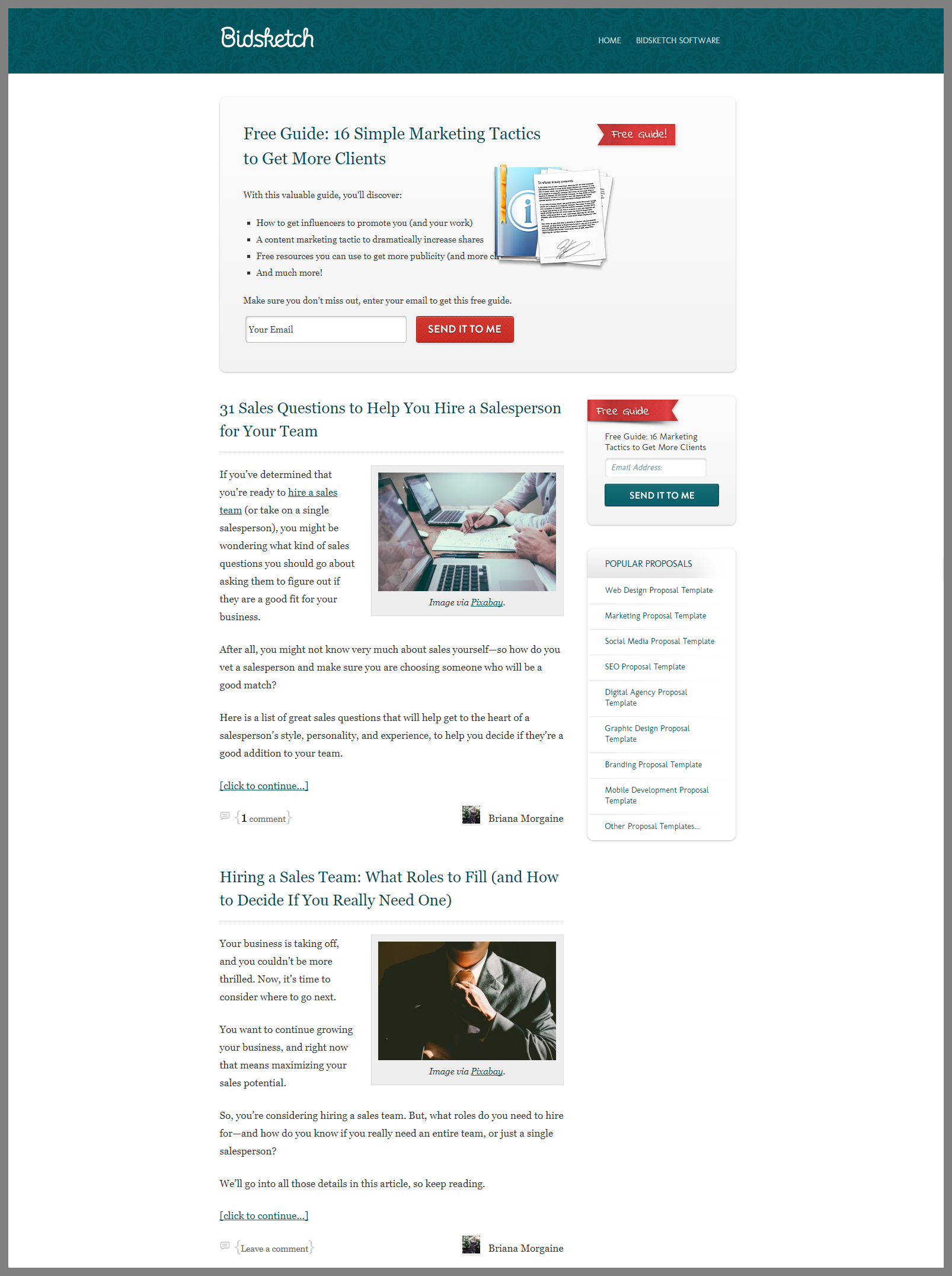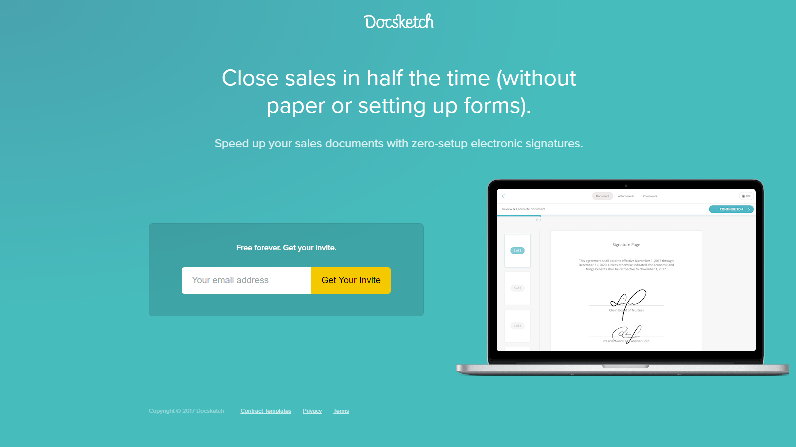Many entrepreneurs have dipped their toes into blogging but not many have gone far. A lot of factors may have played in failure. Perhaps the lack of courage, determination, persistence? There are also instances wherein a venture is progressing but suddenly plateaus in growth. This is often the result of complacency. Successful business owners can attest that facing challenges head-on have led them to great accomplishments and the total lack thereof can do more harm than good.
For Ruben Gamez, he didn’t even have to wait for the challenge to come. He got into blogging by getting out of his comfort zone and challenging himself. Today, he continues to excel as an entrepreneur by constantly finding ways on how to improve his tactic. Learn more about Ruben in this week’s episode of Meet the Bloggers.
1.) Please tell us about yourself and how you got into blogging?

I started blogging as a marketing experiment and to prove to myself that I would be able to sell my first product. At the time I was working a full time job and had an idea for a software product, but wasn’t sure if I’d be able to bring in enough traffic to make the idea viable.
By this point I had read enough about marketing to realize that blogging was a great way to bring in qualified traffic. I quickly did some keyword research and found a topic that I could write on, and published a post (one week later).
The goal was to see if I could actually bring in traffic, and how long it would take for that traffic to start coming in. After two weeks I started getting traffic to that post (through Google)! I was hooked on content marketing at that point.
2.) What is the focus of your blog and why did you choose that niche?
Initially we started with a very narrow focus of writing about proposals for designers. That’s because at the time, our product was very niche and that was our target audience.
For example, one of the better performing posts we had at the time, was literally titled “How to Write a Web Design Proposal,” which still performs well for us. As you can imagine, there’s only so much of that type of content you can write for a specific niche.
I quickly realized that it was too narrow and eventually expanded to blogging about helping freelancers, agencies, and consultants land more clients.
We went in this direction after talking to enough customers and seeing what interests they had, and what type of content they liked.
3.) How are you currently monetizing your blog traffic?
We have an online software product called Docsketch. So the main way that we monetize our blog is by converting a portion of readers into customers.
It tends to be a longer process because instead of pushing visitors directly into a trial of our product, we work to get them into a drip campaign. From there we can better educate them and build trust. Eventually, some people give Docsketch a try and become customers.


4.) What do you know now that you wish you knew when you first started blogging?
Great question. I wish I knew enough to focus on the right type of content, and not pick topics by guessing what would appeal to our audience. Nowadays, we’re a lot better about picking our topics.
For example, one approach, is to start by focusing on a larger category and growing that through individual pieces of content. We’re actually doing that right now, with a “contract templates” section on our site: https://www.docsketch.com/contract-templates/
Based on researching what our target customer is looking for, we are expanding that page with individual pieces of content that can also bring in traffic (like a specific type of contract template). This helps in that you can slowly build authority in a very large category, and the individual contract templates will inherit that authority.
Another approach we take is using tools like Hotjar to run microsurveys so we can ask visitors that aren’t on our email list, what we should write about. We even do phone interviews with some of these visitors (and offer them an Amazon gift card for 15 minutes of their time).
5.) What are three blogs that you visit almost daily?
Well, I’ll give two blogs because I’m having a tough time thinking of three.
My current favorites:
- The Sumo.com blog which focuses on growth stories (so good):
- The James Clear blog which focuses on personal improvement through fitness, psychology, and more.
6.) Can you give us three recommended tools/services that you use with your blogging?
- Hotjar for microsurveys, visitor recordings, etc
- Sumo.com for email collection of all types
- Moz for traffic, keywords, and more
7.) What advice would you have for someone who is just starting with their first blog?
Look at the top five blogs that you love to read, and deconstruct them. Work backwards. Why do you like them so much?
Don’t look at the specifics of how they’re doing things (images, content length, etc.), instead look at how their positioning hooks you, or how their topic choice gets you coming back. Look at the high level things that make a big difference.
From there, spend some time brainstorming how you can use some of what you’ve learned on your own blog. Then, spend lots of time researching, writing, and promoting 🙂
8.) What’s the best advice or tip you’ve discovered about blogging since getting started?
I think the best advice I’ve heard (and that I still try to internalize) came from Derek Halpern. Spend 20% of your time writing, and 80% promoting. That doesn’t mean write for 30 minutes and promote a weak piece of content. That means, that whatever time it takes to write a very high quality piece of content, spend 4x that long promoting it.
One interesting side effect is that you start looking at whether the topics you’re writing about are worth that type of promotion time.
9.) If you only had $100 to start a new blog, how would you use it?
I’d use part of it on Sumo.com tool to help me collect leads, the rest on hosting. After that, it’s really just my time on research, writing, and promoting.
The most valuable things that need to be done on a blog don’t cost money. They do involve you investing some time doing them though.
10.) How can readers of the blog get in touch with you?
My personal twitter and our product.